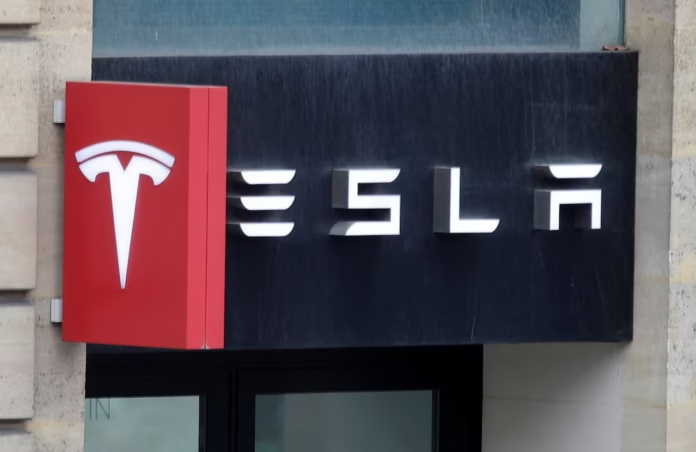Tesla will soon restart shipping key components from China to the U.S. for its Cybercab and Semi truck production. This decision follows a recent de-escalation in trade tensions between Washington and Beijing. A source familiar with the matter confirmed the move, highlighting its immediate impact on Tesla’s manufacturing plans.
Earlier this year, Tesla paused shipments after U.S. tariffs on Chinese goods spiked to 145%. The sudden hike disrupted the automaker’s strategy to begin mass-producing its highly anticipated models. However, after successful negotiations in Geneva, both nations agreed to roll back most tariffs.
Despite the progress, the source warned that the situation remains fluid. They cited the Trump administration’s unpredictable trade policies as a potential risk. Tesla declined to comment on the matter when reached for clarification.
The company aims to begin trial production of the Cybercab and Semi in October. Full-scale manufacturing is expected by 2026, with the Cybercab being built in Texas and the Semi in Nevada. Tesla has also been seeking regulatory approvals for its robotaxi service, which will use a fleet of driverless Cybercabs.
First unveiled in October 2024, the Cybercab promises an affordable price tag below $30,000. Meanwhile, Tesla plans to accelerate Semi truck deliveries to major clients like PepsiCo. These efforts align with CEO Elon Musk’s push for expanded production despite trade hurdles.
Musk has long opposed high tariffs, advocating instead for free trade policies. During a recent earnings call, he revealed discussing lower tariffs with former President Trump. However, he acknowledged that the final decision rested with the White House.
Tesla’s CFO, Vaibhav Taneja, also highlighted how tariffs strained capital investments. The company relies heavily on Chinese equipment to scale U.S. production lines. With the tariff truce now in place, Tesla can proceed with its supply chain plans more confidently.
For now, industry watchers will monitor whether the trade détente holds. Any sudden policy shifts could force Tesla to adjust its strategy once again.
For more business updates, visit DC Brief.


